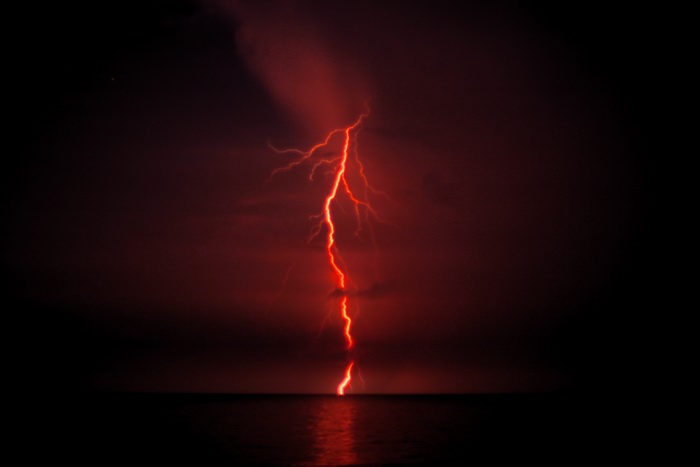
The Word for today:
Matthew 11:25-12:21
After we get the facts of scripture, we begin to read for the flavor of God's personality.
One of my favorite "flavors" occurs today, in Matthew 12:15, where we read that Jesus healed them all.
The Pharisees broke with Jesus on the question of the Sabbath, the Pharisees’ most hallowed subject (1). The incident which most directly sent Jesus Christ to the cross was the healing of a man's hand!--
Then Jesus asked them, "Which is lawful on the Sabbath: to do good or to do evil, to save life or to kill?" But they remained silent. He looked around at them in anger and, deeply distressed at their stubborn hearts, said to the man, "Stretch out your hand." He stretched it out, and his hand was completely restored. Then the Pharisees went out and began to plot with the Herodians how they might kill Jesus. (2)
The Pharisees said it was wrong for Jesus to heal a man on the Sabbath, so what did the King do? He immediately withdrew to the streets, where great multitudes followed Him, and He healed them all. (3)
Was Jesus obstinate? or contrarian? or contentious? Can we even write those supposedly disagreeable words in the same sentence with the word 'Jesus'? Well, contentious contrarian that I am, I just did.
We see the same reaction from Jesus at another time when somebody--this time a disciple--told him he shouldn't do what God directed him to do. His reaction wasn't pretty:
And He began to teach them that the Son of Man must suffer many things, and be rejected by the elders and chief priests and scribes, and be killed, and after three days rise again. He spoke this word openly. And Peter took Him aside and began to rebuke Him. But when He had turned around and looked at His disciples, He rebuked Peter, saying, "Get behind Me, Satan! For you are not mindful of the things of God, but the things of men." (4)
As Jesus' follower, you have the very same Spirit which informed and empowered His speech.
So don't let any unbeliever tell you that Jesus Christ can't save you. You tell them that not only can he save you, he can save us all.
And don't let any believer stand between you and the mission God has set before you. Don't merely tell them to get out of your way. Say it with some flair, like Jesus did:
invite them to watch you from a posterior point of view.
***************
(1) Matthew 12:1-15; the break occurs at 12:14; (2) Mark 3:4-6: (3) Matthew 12:15; (4) Mark 8:31-33























